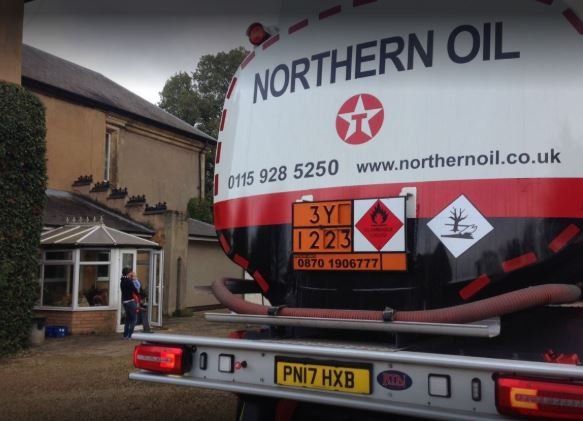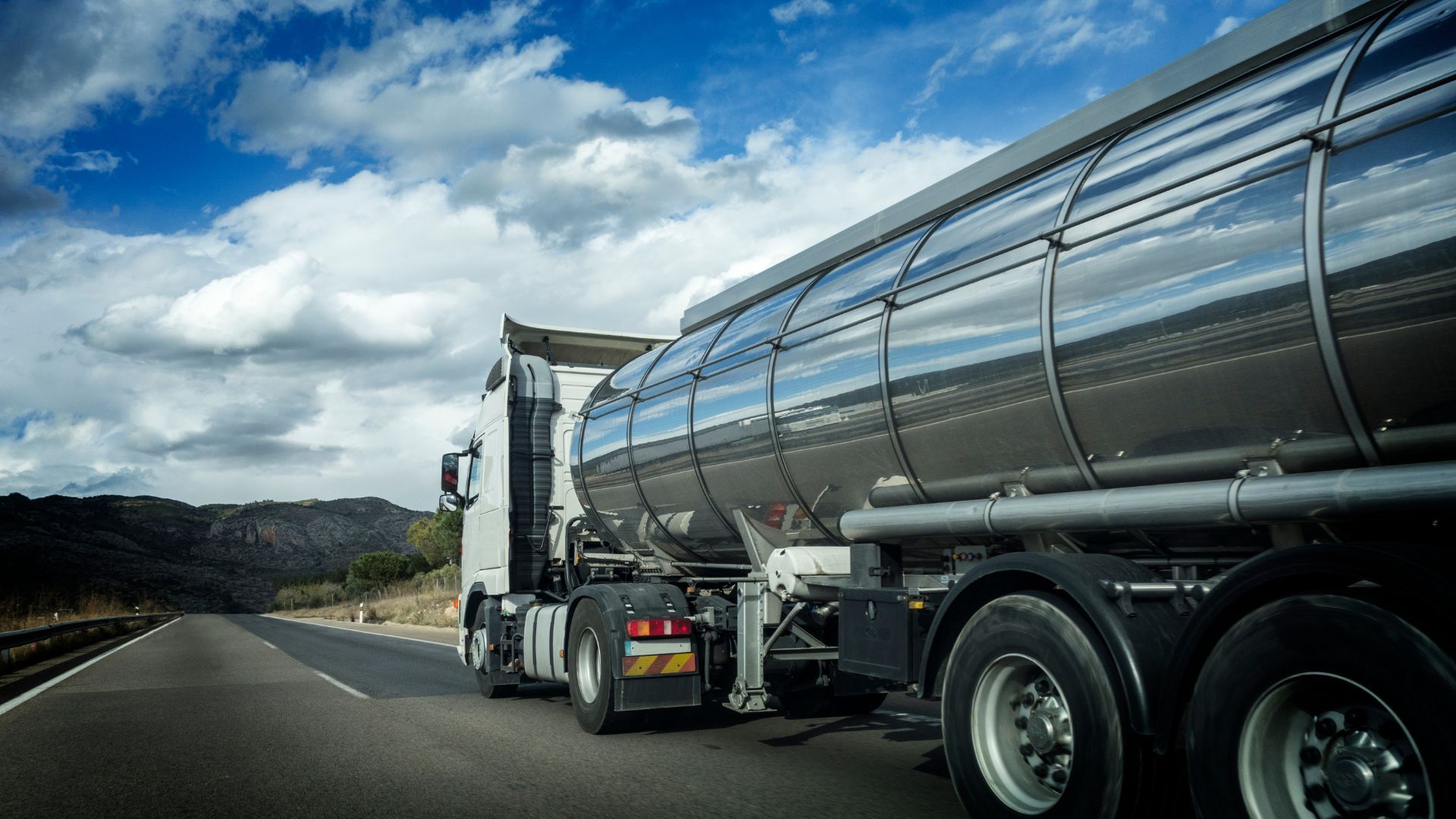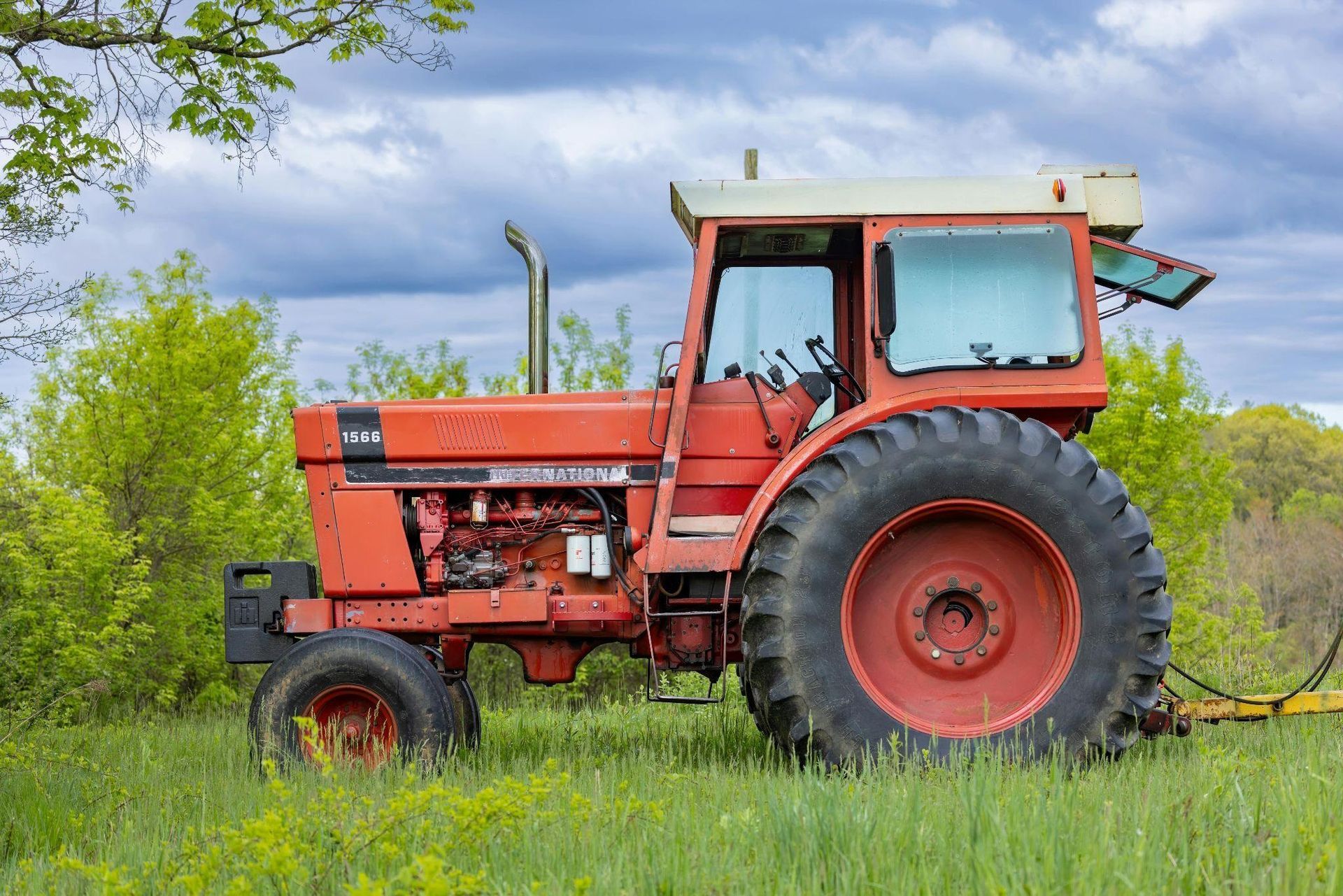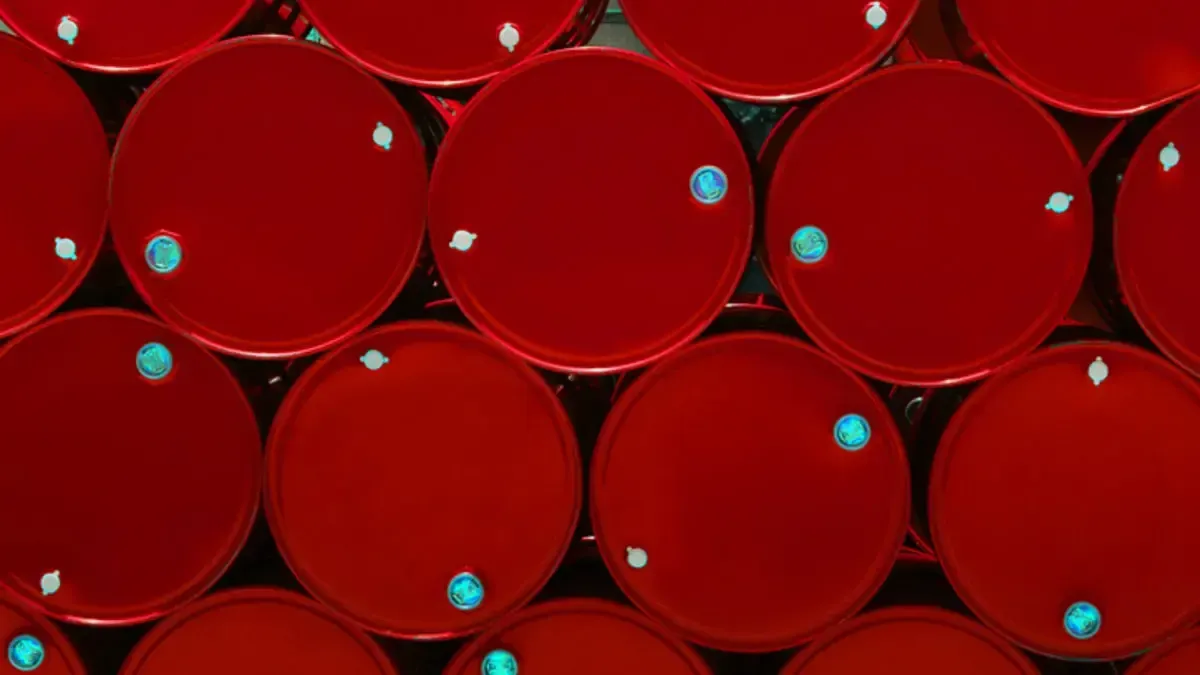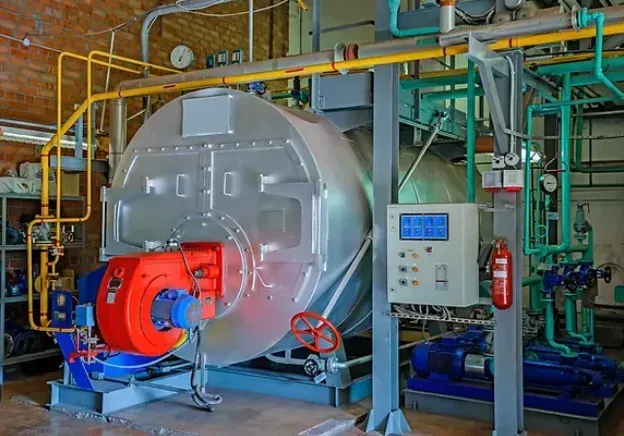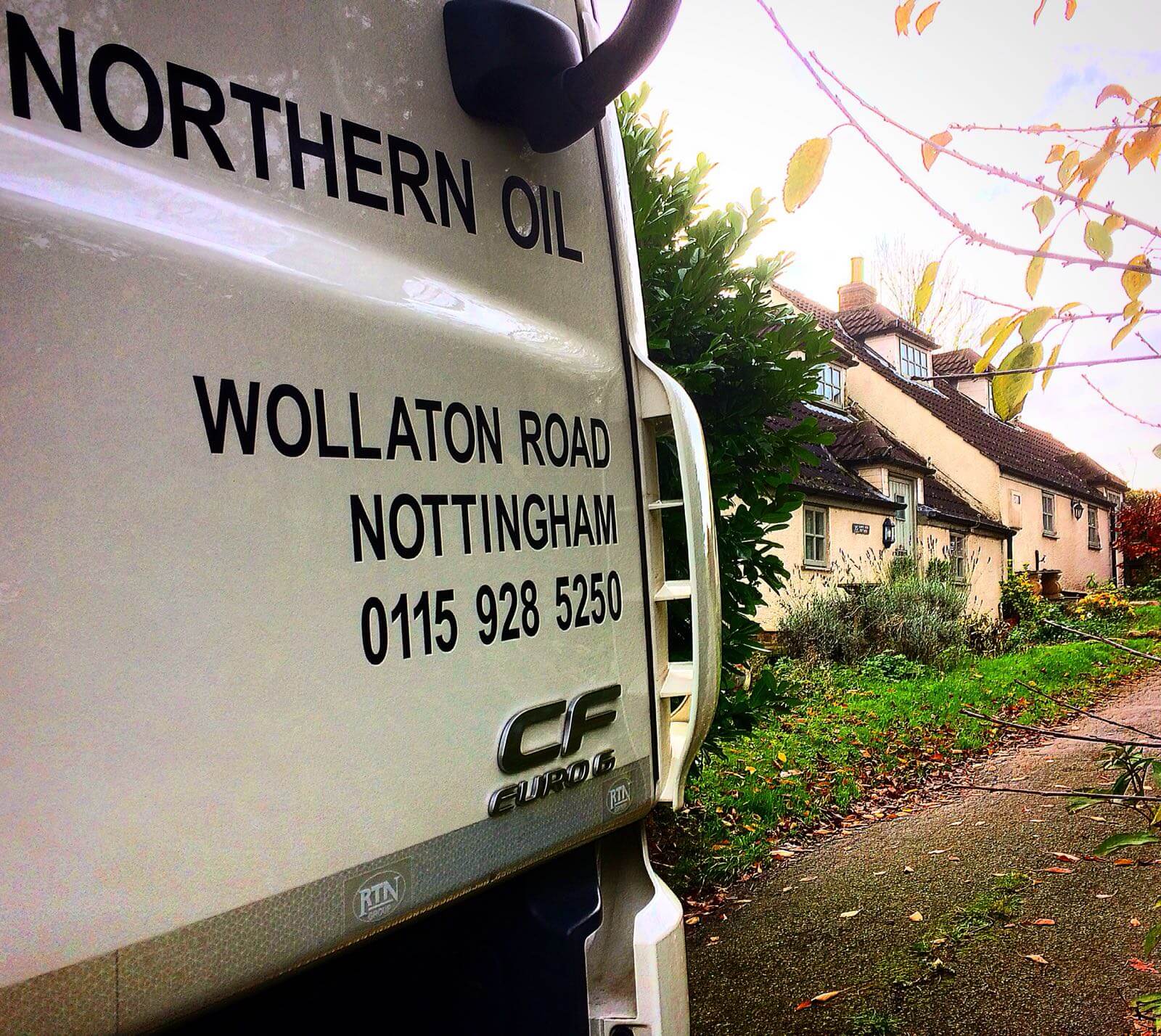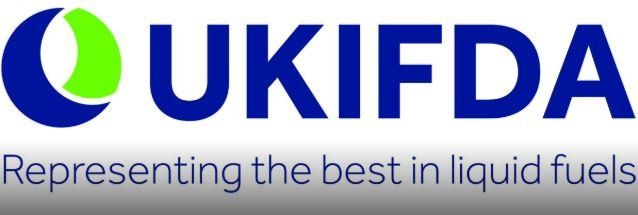What Are The Recent Fuel Duty Changes For Red Diesel?
Red diesel is a fuel that is widely used in the agricultural sector for a wide range of machinery. As a result of the lower fuel duty rate this fuel is less expensive than white diesel and is not allowed to be used in road vehicles. Red dye is added to the diesel so it is possible to check whether a vehicle has been using this fuel where it is not allowed.
This provides a commercial benefit to a range of sectors by reducing fuel costs. However, as of the 1st April 2022 the number of sectors who can benefit from this lower fuel duty has been reduced. With wide ranging impacts from these changes in fuel duty it is important to understand the scope of these changes, the potential impact and the best steps going forward. The agricultural sector is unaffected by these changes and can continue to use red diesel fuel.
Read more for some further information on the recent changes in oil duty for red diesel fuel.
Which Sectors Are Affected?
The changes outlined in the March 2021 budget, which came into effect this year, have a different impact depending on the sector. The budget provided a clear outline of sectors that can continue to use red diesel including agricultural, forestry and rail sectors. The main sector that has been affected by these changes is the construction sector where it is no longer permitted to use red diesel fuel. This change in fuel duty is introduced as part of the government’s goal to reach Net Zero emissions by incentivising the use of green fuels.
How Will This Affect Businesses?
For businesses that are no longer able to benefit from the lower fuel duty this will lead to increased fuel costs. In the construction sector, a significant amount of machinery uses diesel fuel with diesel engines favoured for their low-maintenance reliability. From this standpoint, in many cases it will continue to make commercial sense for businesses to use existing equipment with white diesel from a wide range of standpoints.
Next Steps
The key question relating to these fuel duty changes is the next steps if this increased fuel duty does impact your business. In line with the goals of the government in providing incentives to move to green fuel options, construction businesses will likely review the viability of different equipment and fuel options. However, equipment acquisition costs may outweigh the intended savings. In addition to the benefits of diesel equipment in fuel-efficiency, low maintenance requirements and low repair costs means that using white diesel may be the best option.
Get In Touch Today Agricultural Fuel Supplies In Nottingham, Leicester And Derbyshire
At
Northern Oil, our experienced team can provide high-quality cost-effective agricultural fuel supply services throughout Nottingham, Leicester and Derbyshire. For more information on the ways in which we can assist your agricultural business with fuel supply services, get in touch today by calling our team on 0115 928 5250 or emailing us at
sales@northernoil.co.uk.

